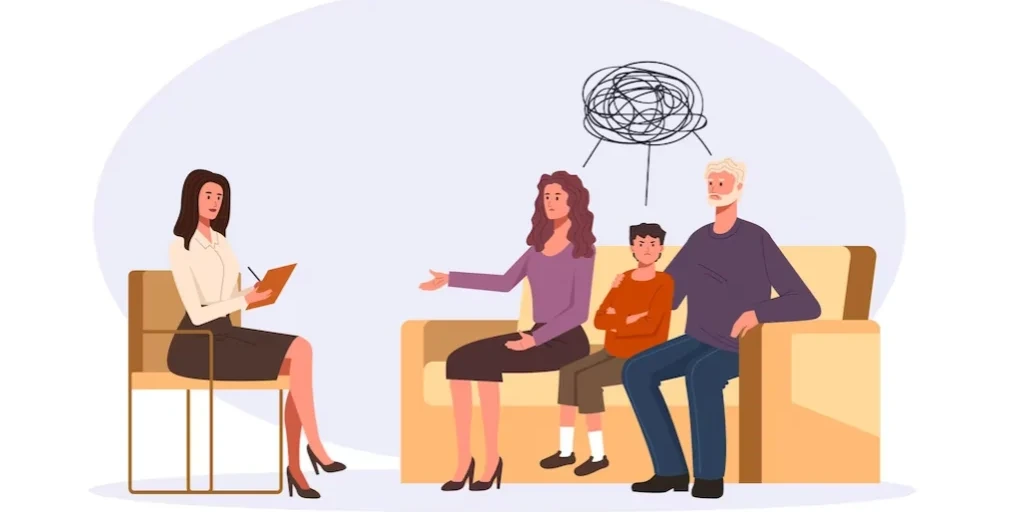24/7 Helpline:
(866) 899-111424/7 Helpline:
(866) 899-1114
Learn more about Depression Treatment centers in Middletown
Depression Treatment in Other Cities

Other Insurance Options

UnitedHealth Group

Molina Healthcare

Kaiser Permanente

Ambetter

AllWell

Highmark

BlueShield

Oxford

MVP Healthcare

Health Partners

Multiplan

PHCS Network

CareFirst

Coventry Health Care

State Farm

EmblemHealth

Magellan Health

Optima

Health Choice

Group Health Incorporated











